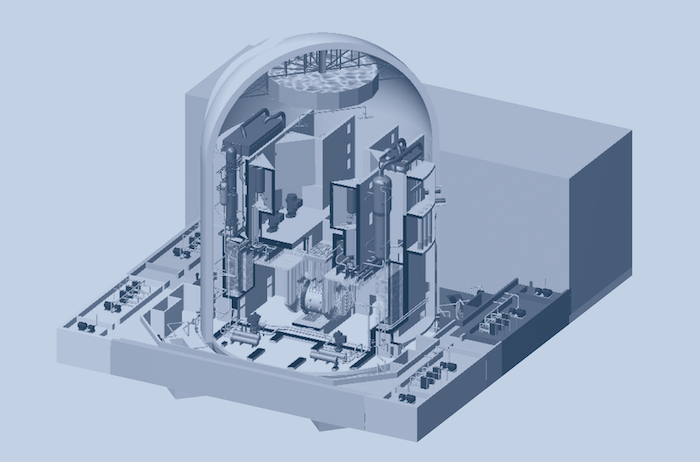
Chrétien, Harris spearhead AtkinsRéalis’ Canadians for CANDU campaign
May 1, 2024
By CCE
Former prime minister Jean Chrétien and former Ontario premier Mike Harris are co-chairs of ‘Canadians for CANDU,’ a new campaign by AtkinsRéalis—the consulting engineering firm formerly known as SNC-Lavalin—to promote the deployment of Canada Deuterium Uranium (CANDU) nuclear technology, both inside and outside the country, in support of net-zero emission goals.
The campaign—which includes include industry leaders, members of the domestic supply-chain, academics and citizens—calls on current governments to support the Canadian nuclear sector and its jobs as the International Energy Agency (IEA) expects global electricity demand to rise by up to 30% by 2030.
“The contribution CANDU nuclear reactors have made to Canada’s global leadership position is immeasurable,” says Chrétien, who notes he directly participated in their sale to other countries as prime minister. “With the push to decarbonize economies, CANDU technology can help position Canada as a leader in providing safe, reliable and clean energy to our international partners.”
“Canadians should be proud of our world-class nuclear ecosystem,” says Harris. “I’m eager to help support the continued development of CANDU reactors.”
The campaign is also supported by ‘ambassadors,’ including: Ontario Tech University (OTU), which offers nuclear engineering programs in Oshawa, Ont.; the Regina-based First Nations Power Authority (FNPA), which plans to develop Indigenous nuclear suppliers in Saskatchewan through its Ready4SMR program; BWXT Canada, which designs, manufactures, commissions and services nuclear power generation equipment from Cambridge, Ont.; and Toronto-headquartered Kinectrics, which provides life-cycle management services for the electricity industry.
While the federal government owns CANDU intellectual property (IP), AtkinsRéalis is the steward of the technology, currently in use on four continents. The consulting engineering firm has been developing the Monark reactor (pictured), which at 1,000 MW is set to deliver higher output than previous designs. Introduced last year at the World Nuclear Exhibition in Paris, it will reportedly offer modularization, new passive safety enhancements, digital controls, a design optimized for operations and maintenance (O&M) and minimized nuclear-grade components.
Beyond generating electricity, CANDU is the only nuclear power technology that coproduces medical isotopes used in cancer-fighting treatments. According to Ontario Power Generation (OPG), its fleet of CANDU reactors produces 50% of the world’s supply of Cobalt-60, which is used for the sterilization of medical devices.
